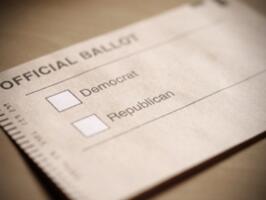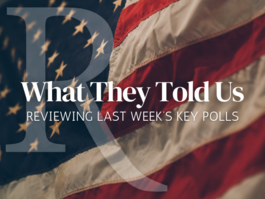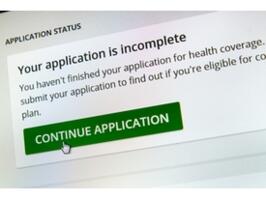Americans Plan on Spending More This Holiday Season
Americans are in a more generous mood this holiday season, but they’re off to a slower start when it comes to shopping.
The latest Rasmussen Reports national telephone survey finds that 34% of American Adults have started their holiday shopping already. That’s down slightly from 37% a year ago at this time but a bit better than the 32% who had already begun shopping in mid-November 2012. Sixty-three percent (63%) haven’t got started yet. (To see survey question wording, click here.)
(Want a free daily e-mail update? If it's in the news, it's in our polls). Rasmussen Reports updates are also available on Twitter or Facebook.
The survey of 1,000 Adults nationwide was conducted on November 17-18, 2014 by Rasmussen Reports. The margin of sampling error is +/- 3 percentage points with a 95% level of confidence. Field work for all Rasmussen Reports surveys is conducted by Pulse Opinion Research, LLC. See methodology.
















